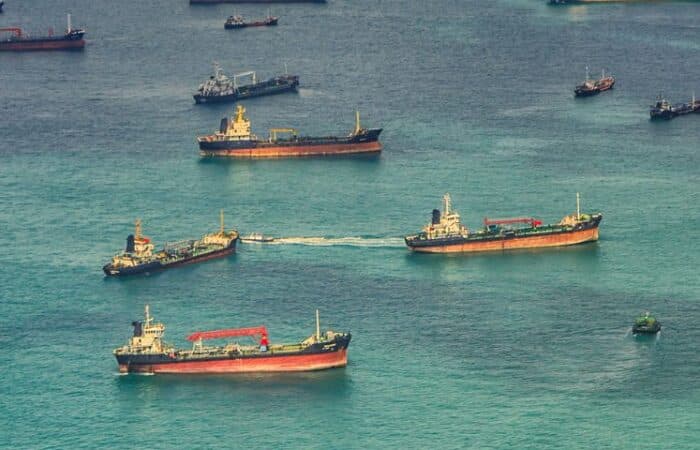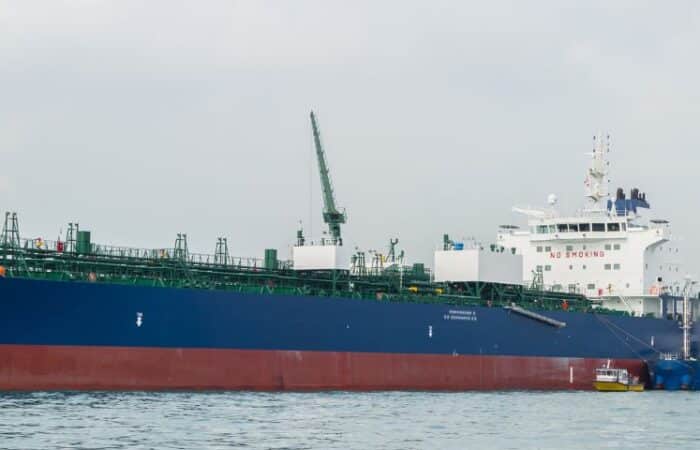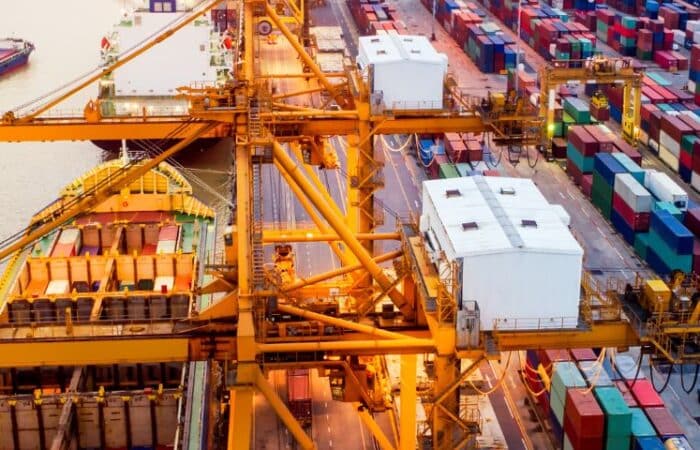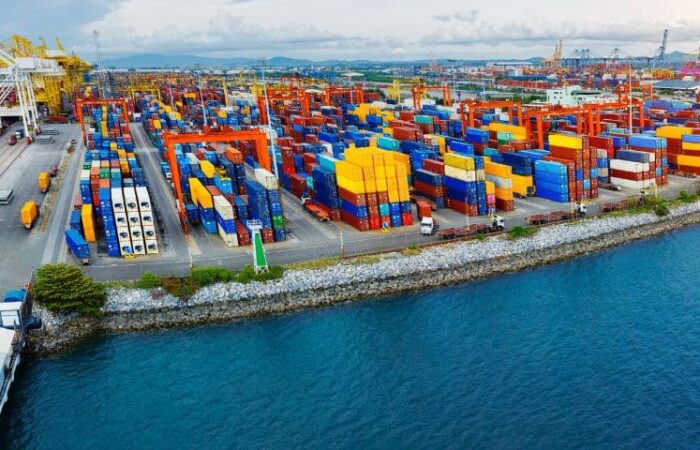SDN List
What is an SDN list?
The SDN (Specially Designated Nationals) list is a registry of individuals and entities that the United States government has designated as being connected to terrorism, money laundering, or other illegal activities. It is updated and maintained by the Office of Foreign Assets Control (OFAC), a division of the U.S. Treasury Department. Companies that work with anyone found on the SDN list are subject to financial sanctions and other restrictions on their activities. One of the main functions of the SDN list is to prevent these people from accessing the U.S. financial system and to deter others from doing business with them.

Why is the SDN important in the shipping industry?
Due to the nature of the global shipping industry, it’s important to know exactly who you are dealing with. It’s a shipper’s responsibility to ensure they are compliant with local regulations anywhere they dock and load or unload cargo. A detailed background check on the client is part of the sanctions screening process. This includes running the company and individual stakeholders through the OFAC SDN list to ensure compliance.
When a person or company is added to the SDN list, they are subject to financial sanctions and other restrictions, such as frozen bank accounts, and the U.S. government can seize any assets they own. This should make it difficult or impossible for them to conduct business in the shipping industry. If shipping companies, ship owners, and other entities are caught dealing with someone found on the OFAC SDN list, it can result in penalties or fines.
How does the OFAC SDN list impact the shipping industry?
The SDN list can impact the shipping industry in several ways, such as:
- Ships owned or operated by companies or individuals on the SDN list may be denied entry into U.S. ports.
- Shipping companies may be prohibited from doing business with companies or individuals on the SDN list.
- Shipping companies may be required to conduct additional due diligence on their customers and partners to ensure they are not doing business with entities or individuals on the SDN list.
- Shipping companies may also face fines or penalties if they are found to have violated sanctions by doing business with entities or individuals on the SDN list.
Overall, the SDN list can create significant challenges for the shipping industry, as it can disrupt operations and increase compliance costs for shipping companies. Therefore, it’s essential to complete a Know Your Vessel (KYV) review and background checks on all the relevant stakeholders, including the ultimate beneficial owner (UBO).

How to complete list screenings for SDNs
List screening for SDNs is a process used to check whether a particular individual or entity is on the SDN list maintained by the OFAC. This can be done in several ways:
- Manual screening: this involves inputting names and searching the SDN list on the OFAC website for the name of the individual, or entity in question. This method is time-consuming and may not be practical for businesses that must screen large numbers of individuals or entities.
- Use AI software: many businesses use AI software to automate the process of checking against the SDN list. This software is designed to run a complete compliance check, including matching the names to the SDN list to see if the person is flagged.
- Outsourcing to a third-party provider: businesses can also outsource the screening process to a third-party provider. These providers can offer various services, including manual screening, software-based screening, and other compliance-related services.
An individual can petition the OFAC to be removed from the SDN list. It’s always a good idea to double-check when seeing a positive result to ensure that you’re looking at the most updated information.
Reasons for being placed on the SDN list
A person or entity can be placed on the OFAC list for various reasons. Some of the most common reasons for designation include the following:
- Involvement in terrorism
- Money laundering
- Distributing weapons of mass destruction
- Human rights abuses
- Drug trafficking
- Corruption
It’s important to note that being placed on the SDN list can have serious consequences for individuals or entities. They will be subject to financial sanctions and other restrictions on their activities. It can be difficult or impossible for them to conduct business in the U.S. or with U.S. citizens. Doing business with people or entities on the SDN list, whether intentionally or inadvertently, can also have serious consequences. Fortunately, an effective AI solution for the maritime sector can easily help organizations avoid this fate.



















